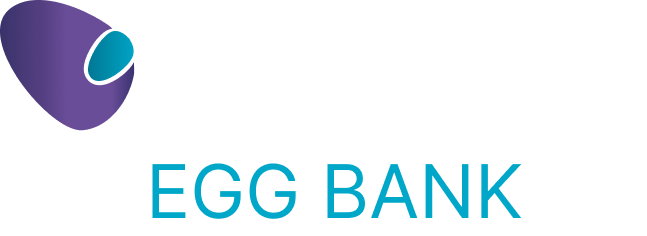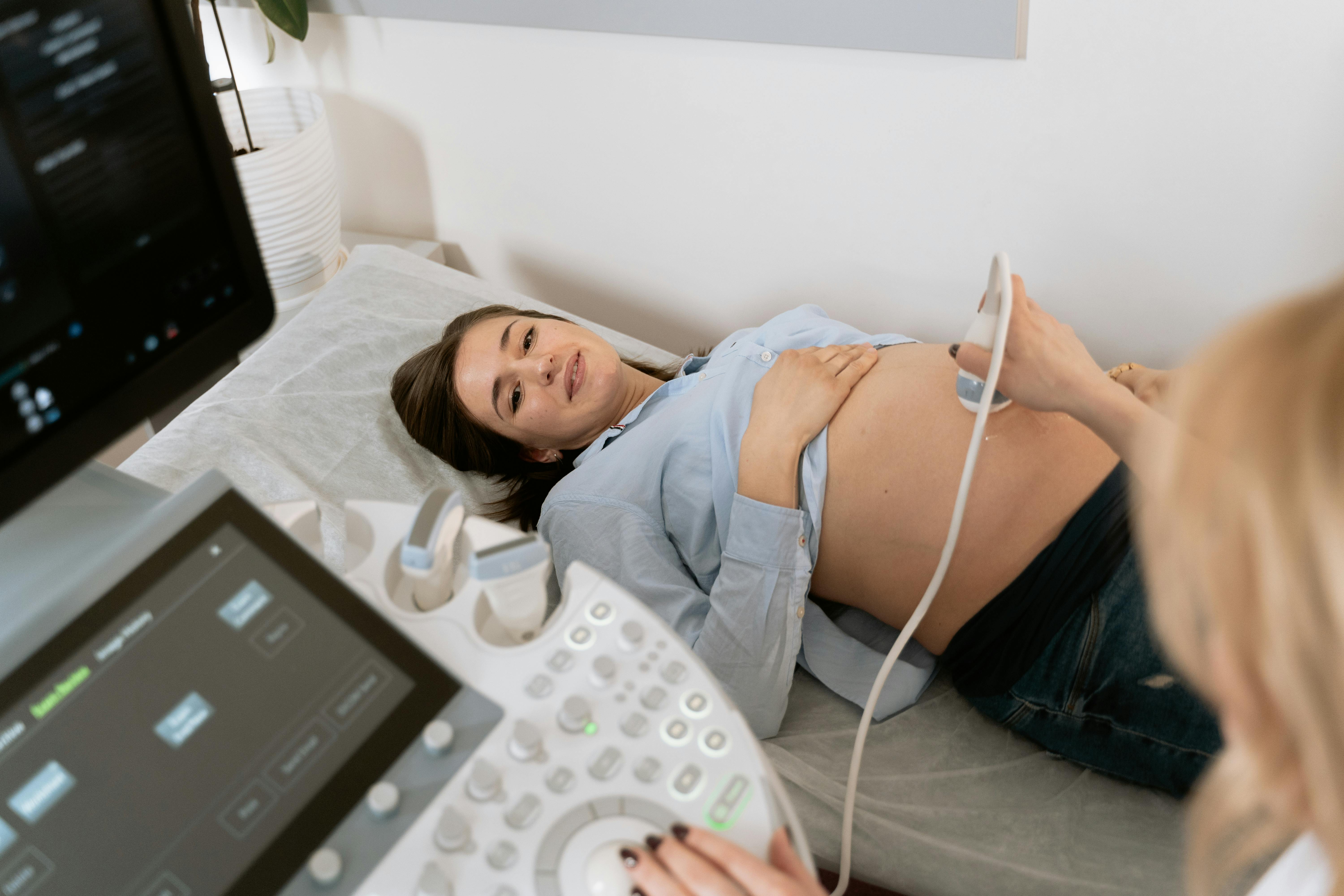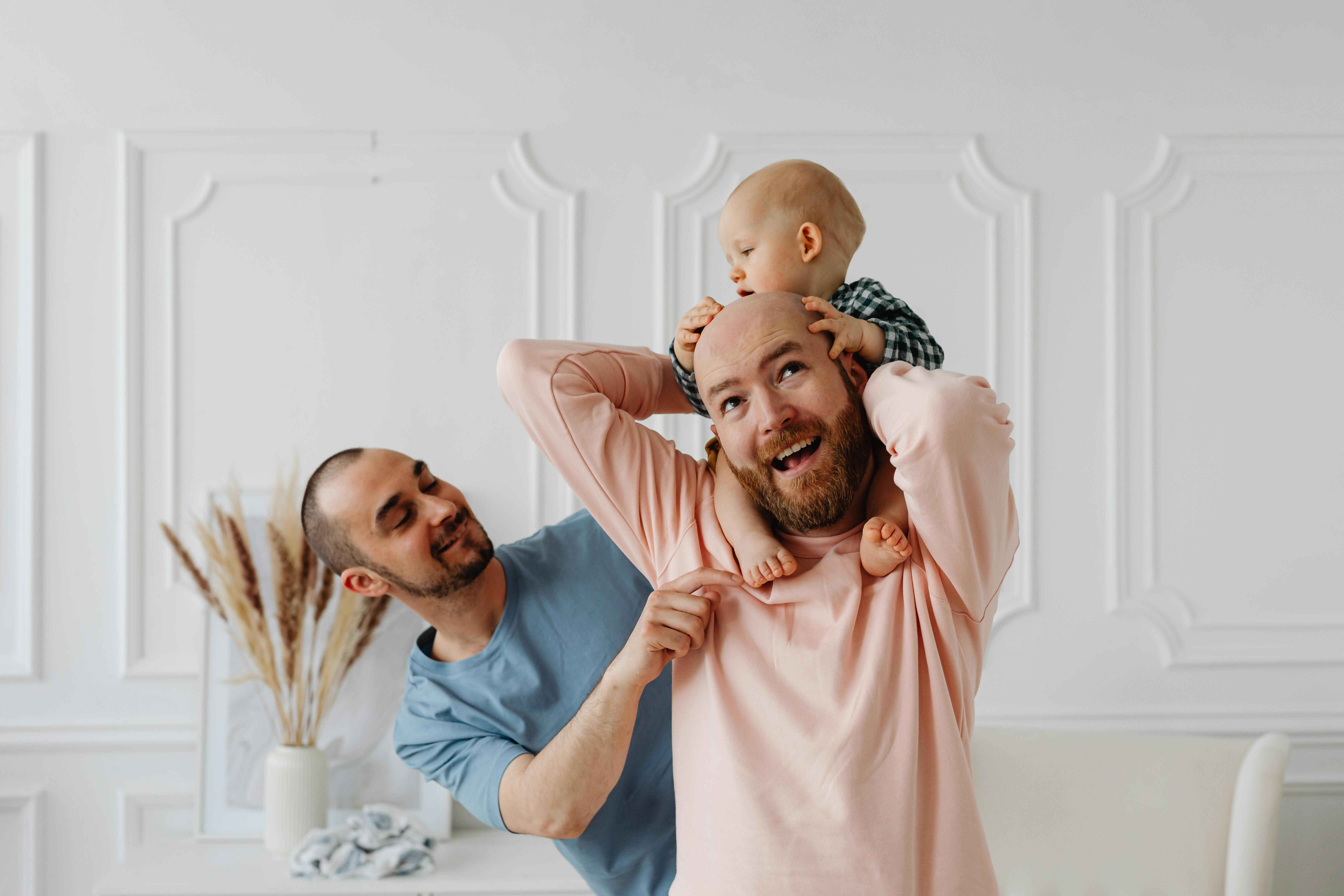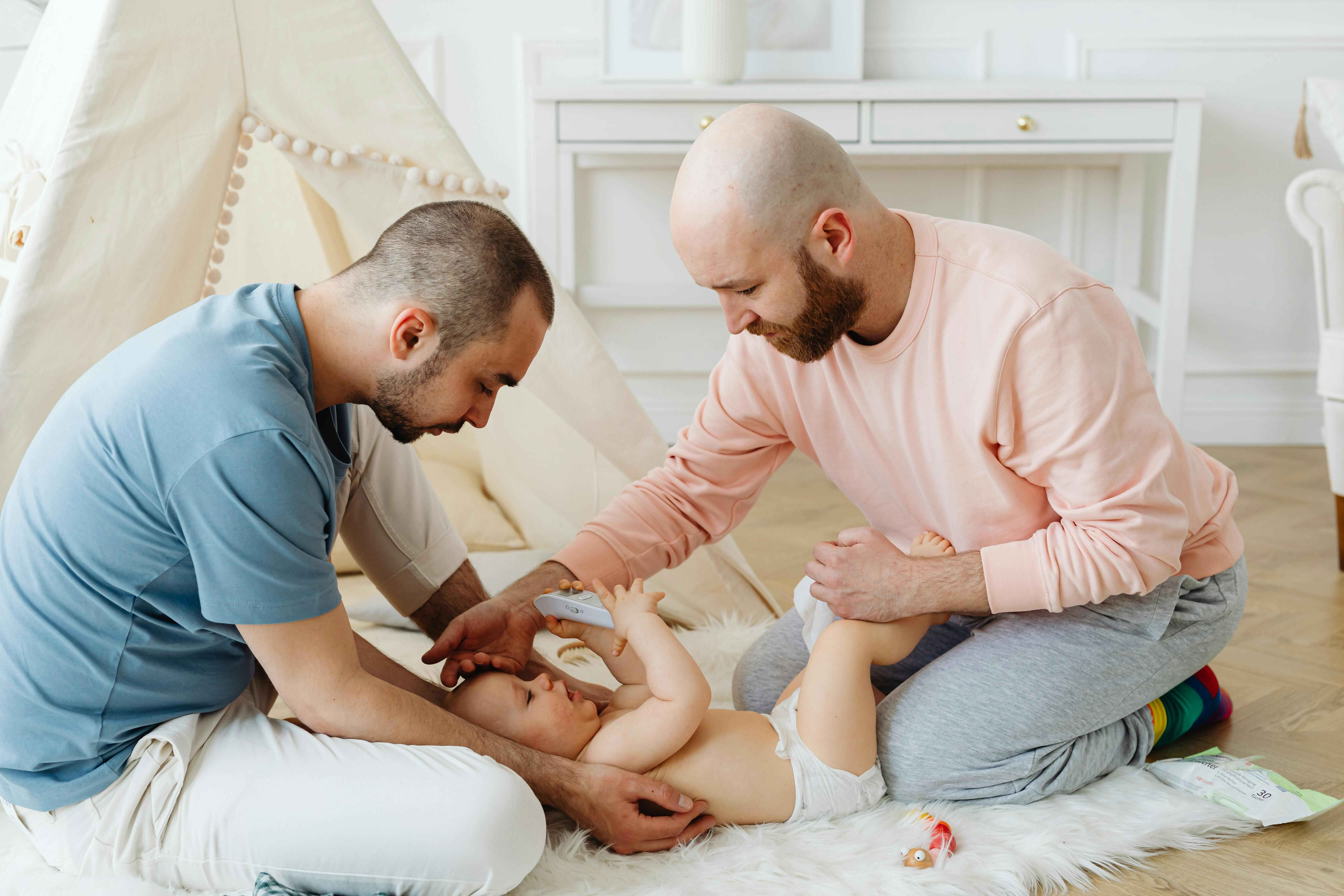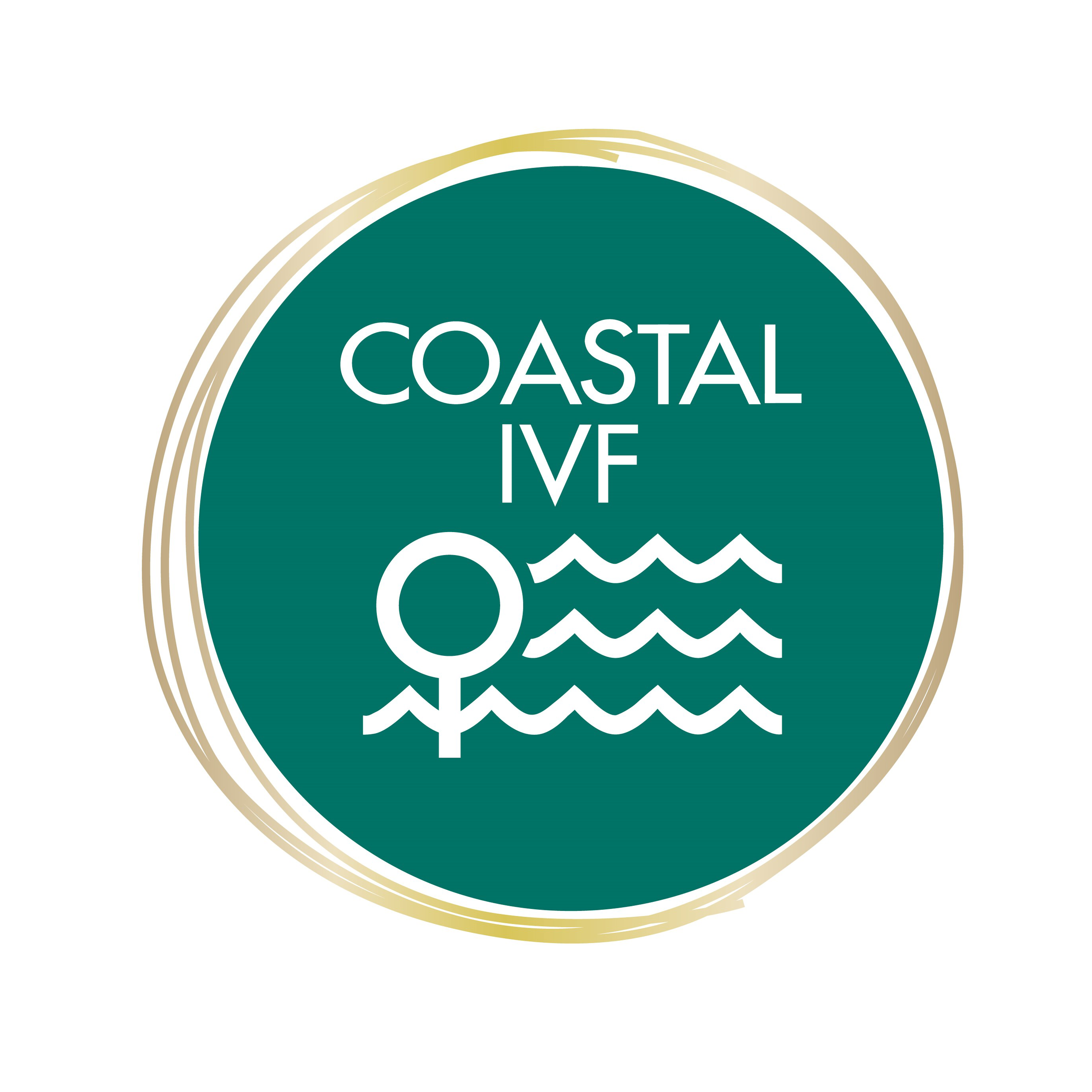Discovering that you have a low ovarian reserve can be incredibly disheartening for anyone trying to conceive. However, it’s important to remember that this doesn’t mean having a baby is out of reach.
In this blog, we’ll explore everything you need to know about low ovarian reserve and how using donor eggs can help you create the family you’ve always dreamed of.
What is a low ovarian reserve?
A low ovarian reserve, or diminished or low egg count, means having fewer eggs left in your ovaries than others your age. The amount of eggs women have naturally decreases as they age. However, this decline happens sooner than expected for some women, making it harder to get pregnant.
When discussing ovarian reserve, there are two things to consider: how many eggs you have left and the quality of those eggs:
- Quantity. This refers to the number of eggs in your ovaries at any given time. By the time you reach menopause, there may only be a few hundred eggs left.
- Quality. The quality of your eggs is just as important and is mostly influenced by age. As we age, the remaining eggs age too, which can make it harder to conceive and increase the risk of miscarriage.
Read: Poor egg quality: What you need to know
How many eggs should I have?
Women are born with all the eggs they’ll ever have. Unfortunately, the number of eggs decreases as they age. Age, especially after 35, plays a vital role in this decline.
The number of eggs you have will vary throughout your life:
- At birth, you may have 1 to 2 million eggs.
- During puberty, your eggs may drop to 400,000.
- You might have approximately 25,000 eggs at age 40.
- After menopause, you may have less than 1,000 eggs.
It’s essential to discuss ovarian reserve testing results with your healthcare provider to understand how many eggs you may have left. They can provide personalised insights into your fertility journey and help manage expectations.
What are the symptoms of a low ovarian reserve?
Most people may not notice any signs of a low egg supply until they have trouble getting pregnant – despite trying for months or even years. For some, a consistently shorter menstrual cycle can be an indicator.
If you have a low ovarian reserve, you might notice symptoms similar to perimenopause, such as:
- Hot flushes.
- Irregular periods.
- Vaginal dryness.
If you’re experiencing any of these signs, it’s best to have an honest conversation with your fertility doctor.
What causes a low ovarian reserve?
Age
The quantity and quality of your egg supply decrease with age, and your body cannot produce more. No treatments currently exist to increase your egg supply.
Early menopause
About one in 100 women experience early menopause. This can be genetic or result from health conditions or medical treatments. Fertility preservation, like egg freezing, is often recommended for women facing cancer treatments.
Fragile X syndrome
This chromosomal abnormality can lead to diminished ovarian reserve and early menopause. Genetic testing is the only way to know if you have this syndrome.
Smoking
Smoking diminishes both the quality and quantity of eggs. It’s crucial to stop smoking if you plan to get pregnant.
Medical treatments
Some treatments and medications can reduce viable egg numbers or harm reproductive organs. Always discuss fertility plans with your doctor before starting any treatments.
Ovarian surgery
Surgeries on the ovaries can pose a slight risk to fertility. Choose a surgeon with a strong track record of success in preserving fertility.
Can I still get pregnant with a low ovarian reserve?
Many people believe that a low ovarian reserve means natural conception is impossible, but that’s not entirely true. While it can make things more challenging, there are many factors at play when it comes to fertility, including egg quality, hormonal balance, and overall reproductive health.
If you have a low ovarian reserve, it doesn’t mean you can’t conceive naturally, although it might take more time. Fertility treatments like IVF, ICSI, and egg donation offer alternative ways to achieve parenthood if natural conception isn’t working out. It’s important to consult with fertility specialists to get personalised advice and explore your options.
Can I improve my low ovarian reserve?
Sadly, there’s no way to reverse a low ovarian reserve or create more eggs. However, your fertility specialist can create a personalised treatment plan to help you start your family. This may involve:
- Freezing your eggs for future use if you are at high risk of low ovarian reserve.
- Attempting to conceive naturally with the assistance of fertility treatments like IVF or ICSI.
- Using donor eggs to increase the chances of a successful pregnancy.
What are the fertility treatments for a low ovarian reserve?
Using your eggs
Freezing your eggs can preserve your fertility. This involves taking hormones to stimulate your ovaries to produce as many eggs as possible, which are then collected and frozen for future use. Another option is embryo freezing, where the eggs are fertilised with sperm before freezing.
Using donor eggs
Donor eggs are a good option if your egg quality and quantity are poor. In this case, your partner’s sperm fertilises an egg from a donor, and the resulting embryo is transferred to your uterus.
Central Egg Bank is at the forefront of egg donation, offering personalised programs to meet each patient’s unique needs. Our team of specialists and embryologists carefully select egg donors from Ukraine and ensure the eggs safe delivery to our partner clinics across Australia. We’re dedicated to your success and provide guaranteed embryo creation for your peace of mind.
While having a low ovarian reserve can be challenging, it doesn’t mean the end of your dreams of parenthood. If you need to use donor eggs, Central Egg Bank is here to support you every step of the way. Contact us to learn more about our donor egg programs and how we can help you achieve your dream of having a baby.
